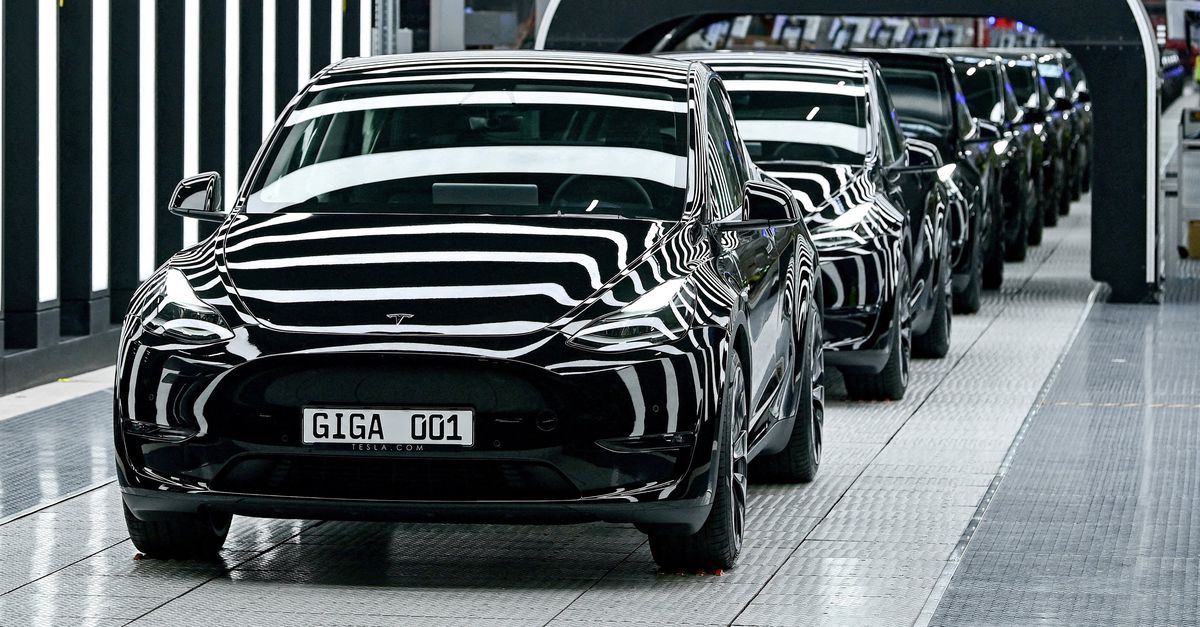Tesla, the US manufacturer of electric cars, was one of the first companies to succumb to the tests of ‘green’ support known as Joe Biden’s ‘Inflation Reduction Act’ (IRA).
Tesla announced on Wednesday that manufacturing in the US will now be a priority within the company’s strategy, even though it has begun manufacturing car batteries at a recently opened ‘Gigafactory’ near Berlin.
“Battery cell assembly is concentrated in the United States due to the favorable conditions created by the US IRA law,” a Tesla spokesman told AFP news agency. “The IRA is tax-deductible.”
Last year, the U.S. Congress approved the American Inflation Reduction Act, which freed the country up to $370 billion (€347 billion) in subsidies to fixed sectors. One of the conditions for such a grant is that it must be manufactured in the United States.
4 billion euros
Tesla initially planned to manufacture the batteries at its Grünheide factory, 22 miles south of Berlin, and ship them to the United States. Tesla founder Elon Musk opens the factory near Berlin on March 22, 2021. The group invested 4 billion euros in the factory, which not only produces batteries and components, but also produces its Model Y. According to Tesla, more than 9,000 employees now work at Gruenheid.
A spokesman for Brandenburg state’s Ministry of Economic Affairs told AFP that the changes would not affect employment in Germany.
By the end of 2021, Elon Musk tweeted that “all subsidies must be eliminated.”
It is worth noting that Tesla is now subject to green support from the US government. By the end of 2021, Musk said on Twitter, “All subsidies, including support for the oil and gas industry, must be eliminated.” Tesla announced at the time that the company had withdrawn its application for a 1.1 billion euro subsidy for a battery factory in Grünheid.
read more: To participate or not? Tesla has unleashed a price war with Ford, and other manufacturers are wary
According to Reuters news agency, Tesla is interested in ramping up production at its battery factories in Fremont, California and Austin, Texas. But the company will struggle in those areas with new, as-yet-unproven technology. In late January, Tesla announced a $3.6 billion investment to expand its Nevada Gigafactory. Two new factories should produce long-awaited semi-e-trucks and a new battery cell.
The US’s green subsidy program is a major concern for the European Union. There are fears that companies will shift their production to the US in large numbers. In early February, the European Commission announced it wanted to loosen rules on state aid. The Commission is not proposing new funding, but rather wants to use existing funding for the green industry.
A version of this article appeared in the February 23, 2023 issue of the newspaper







